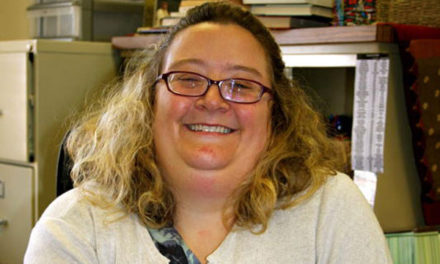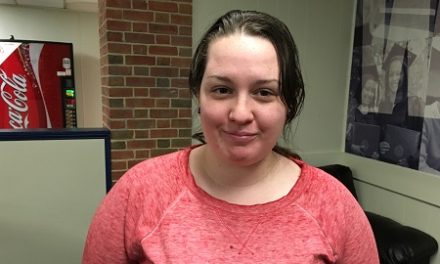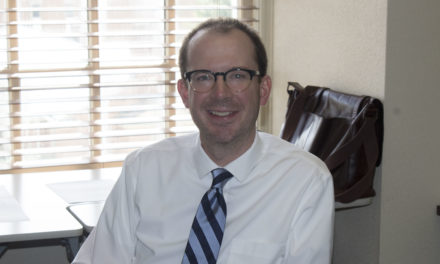By:  Arielle Suggs (Whetstone contributor)
Wesley Education professors are trying to spread their teaching philosophies in two new books.
Dr. Jill Cole, the program chair for education K-8, mainly wrote and edited both books, “Teaching the Way Students Learn: Practical Applications for Today’s Classrooms,” and “Preparing Change Agents for the Classroom: From Paradigm to Practice,” but Drs. Patricia Patterson, Marcia Lawton and Jamie Whitman-Smithe also wrote the books.
“We wanted to write about our constructivist ideas for a long time,†Cole said. “We began to write chapters and we found that students had stories that exemplified the chapters we had written.â€
Cole said the book was originally supposed to be one book, but the publisher saw the book as two. The second book focused more on the students’ stories that explained their methods.
Constructivist teaching, Cole said, teaches students by building upon what the student already knows.
“Right now in education, the climate is moving away from constructivist teaching, but we still believe that it’s the best way to teach,†she said. “The focus is on student learning, and not just the test.â€
Students in the education department said they like that their professors are publishing books and researching.
“I think the research they’re doing outside of class makes them more credible because they’re up-to-date with what’s going on,†said junior Colleen Witowski. “They teach us that teachers never stop learning and they’re proving that they haven’t stopped learning either by publishing their research.â€
Junior Amanda Angell said that she likes that several different professors helped to write the book.
“With each teacher brings a new teaching method,†she said. “To have all of the education professors with their specific content area provides future teachers with ideas on how to not teach to the test, the philosophy we have at Wesley.â€
Angell said she was impressed by their continuing research.
“They’re continuing their educations too, so they’re progressing through current research,†she said. “We’re both learning – teachers and students. Using their current research, we’re learning the current educational system and research, rather than the old way.â€
Patterson, a co-author of the book and professor of education, focuses on how to teach math and science in her chapter.
“I use the research from my classes to prepare elementary teachers to teach mathematics conceptually rather than algorithmically,†she said. “This is important because the focus is on procedure of learning, rather than authentic inquiry.â€
Patterson also said she uses her methods in her book when teaching Wesley students.
“In order to teach inquiry, teachers must experience it firsthand,†she said. “I do this through nature journaling, which aims to increase teachers’ observational skills of the natural world, the foundation of inquiry.â€
Lawton, another professor of education and a co-author for the books, focuses on reflective practices on teacher candidates, the students who are in preparation to become teachers.
“When I ask students for reflections, I would get opinions and emotions,†she said. “We started using a reflective rubric, which has provided students with a definition of ‘reflection’ as a research process where they collect, analyze, interpret, and act on data.â€
Lawton said that reflective processes are important and needed to be included in the books.
“Teachers need to be reflective practitioners because that means they are always thinking about what they’re doing and how they can improve,†she said.
The books can both be purchased in the college bookstore, online at Amazon.com or from Rowman & Littlefield Publishing at www.rowman.com .





